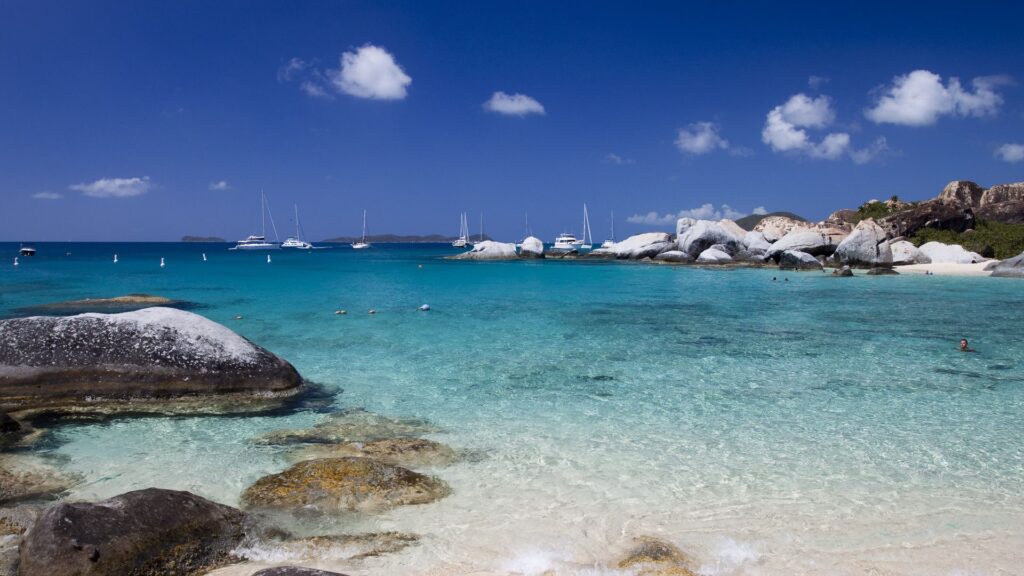Atbara is a city located in northeastern Sudan, at the confluence of the Atbara River and the Nile River. The Atbara River, one of the major tributaries of the Nile, flows through the city and plays a significant role in the region's agriculture and economy.
The Atbara River is known for its seasonal flooding, which brings nutrients and fertile soil to the surrounding areas, making it an ideal location for agriculture. The river also provides water for irrigation and sustains a variety of plant and animal species.
The city of Atbara itself is a bustling hub of activity, with a mix of traditional Sudanese culture and modern amenities. It is home to a diverse population, including various ethnic groups and tribes, who contribute to the vibrant local culture.
Atbara is also a transportation hub, with a railway station and highways connecting it to other major cities in Sudan. The city's strategic location at the confluence of two major rivers has made it an important trading center for centuries.
Overall, Atbara is a picturesque city with a rich history and a strong connection to the natural environment. The Atbara River, with its life-giving waters, continues to be a vital resource for the people of the region, shaping their way of life and providing a source of sustenance and prosperity.
What to explore:
1. Atbara River: One of the main attractions in Atbara is the Atbara River itself. Visitors can take a boat ride along the river to enjoy the surrounding scenery and witness the local wildlife.
2. Atbara Railway Museum: This museum showcases the history of the railway in Sudan, with a focus on the Atbara area. It displays old locomotives, historical photographs, and other artifacts related to the railway.
3. Wadi Halfa: Located near Atbara, Wadi Halfa is a small town on the banks of the Nile River. Visitors can explore the local market, visit the historic train station, and take a boat ride on the river.
4. Atbara Market: The local market in Atbara is a great place to experience the bustling atmosphere of the town. Visitors can buy traditional crafts, fresh produce, and other goods from local vendors.
5. Atbara War Cemetery: This cemetery is a sobering reminder of the impact of war in the region. Visitors can pay their respects to the soldiers who lost their lives during World War II.
6. Atbara Bridge: The Atbara Bridge is an impressive structure that spans the Atbara River. Visitors can walk across the bridge and enjoy panoramic views of the surrounding area.
7. Jebel Abu Dukhan: This nearby mountain offers a great hiking opportunity for visitors who want to explore the natural beauty of the region. The mountain also provides stunning views of the Atbara River and surrounding landscapes.
